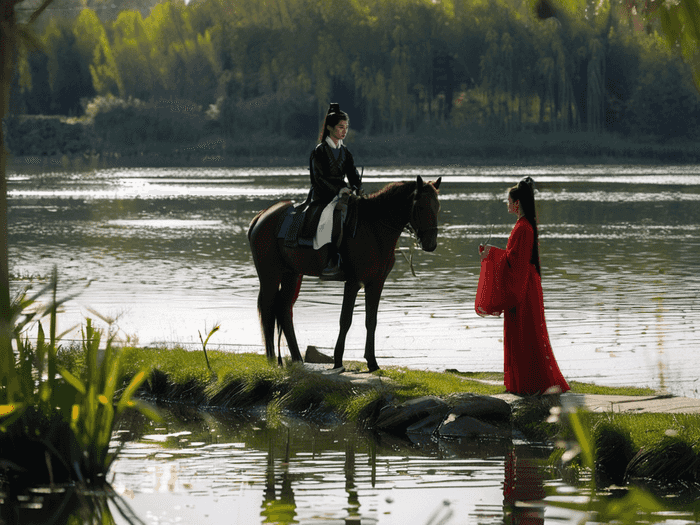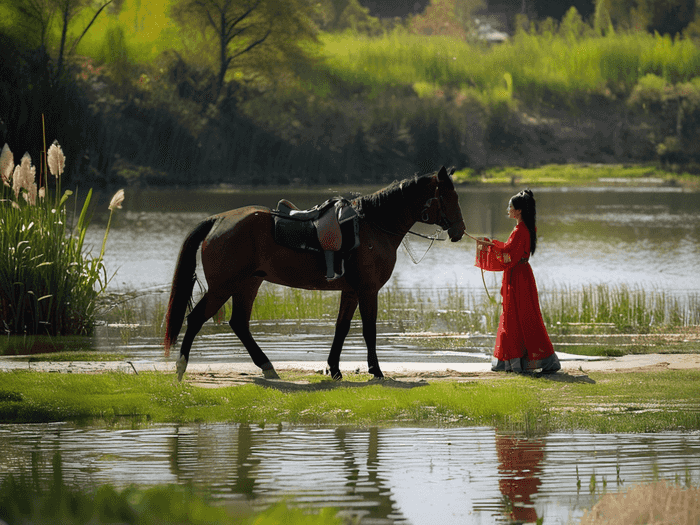
英语过去式时态怎么样

 已认证
已认证许老师为您分享以下优质知识
英语过去时态是用来描述过去某个时间点或时间段内发生的动作或状态的时态。以下是关于英语过去时态的详细解析:
一、主要类型及用法
一般过去时(Simple Past Tense)
- 用于描述过去一次性的动作或经历,如:
- Yesterday, I visited the museum.
- Last year, we moved to a new house.
- 动词形式:规则动词加-ed(如walk→walked),不规则动词需单独记忆(如go→went)。
过去进行时(Past Continuous Tense)
- 表示过去某个时间点或时间段正在进行的动作,常与时间状语如"when"从句连用,例如:
- When the meeting started, I was taking notes.
- Last night, she was baking cookies while watching TV.
- 动词形式:规则动词加-ing(如read→reading),不规则动词同样需变形(如eat→eating)。
过去完成时(Past Perfect Tense)
- 用于描述在过去某一时间点之前已完成的动作,常与过去时间状语连用,例如:
- By the time we arrived, the movie had started.
- Before she left, she had finished her homework.
- 动词形式:规则动词加-had(如have→had),不规则动词需单独记忆(如have→had)。
过去完成进行时(Past Perfect Continuous Tense)
- 表示过去某一时间点前持续进行的动作,例如:
- For two hours, the car had been broken down when we arrived.
- While they were waiting, the letter had already arrived.
- 动词形式:规则动词加- had been + 现在分词(如read→had been reading),不规则动词需变形(如write→had been writing)。
二、时间状语与动词变化
规则动词:
过去式变化规律(如do→did, eat→ate)
不规则动词:需单独记忆(如go→went, take→took)
时间状语:包括具体时间(yesterday, last week)、相对时间(two days ago)、过去分词短语(by the time)等
三、与现在完成时的区别
过去时:强调过去动作的完成或过去某个时间点的状态(如:
I finished my project yesterday. [一般过去时]
I have finished my project. [现在完成时]
现在完成时:强调过去动作对现在的影响或结果(如:
I have finished my project, so I can relax now. [现在完成时]
四、常见错误与注意事项
1. 过去分词与过去式混淆(如:
- 正确:She had finished the task by 9 PM. [过去完成时]
- 错误:She finished the task had by 9 PM. [语法错误])
2. 避免混淆进行时态:
- 过去进行时需与过去完成时结合使用(如:
- When the phone rang, I was calling my friend. [过去进行时]
- By the time the phone rang, I had already called. [过去完成时])
通过掌握以上规则与用法,可以系统地运用过去时态进行英语表达。




